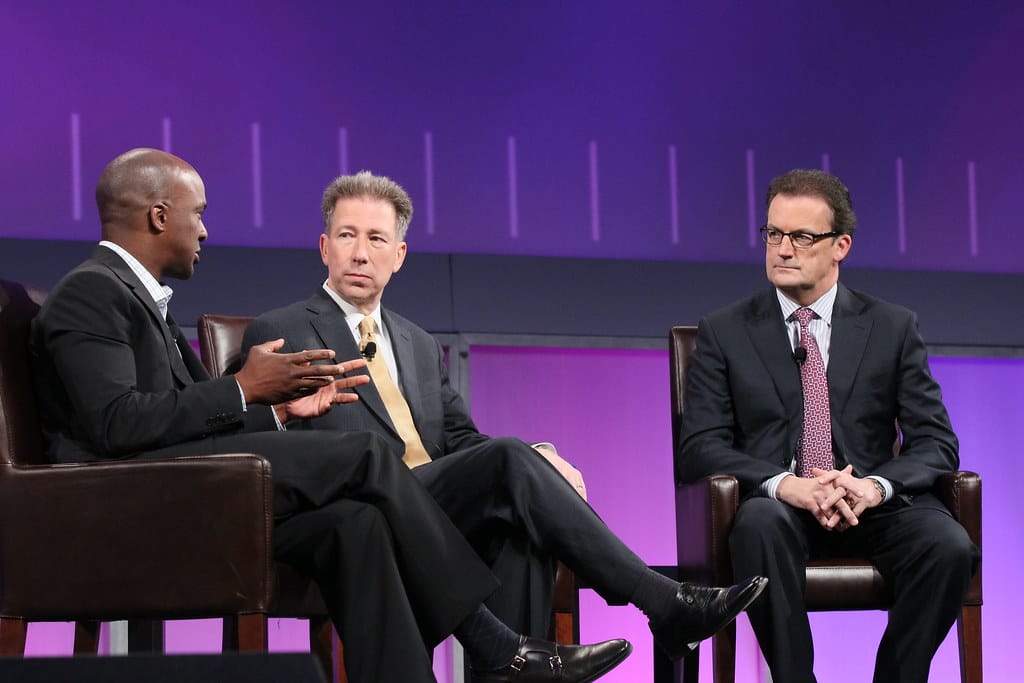Cox Buys Segra, Eutelsat Takes Stake in OneWeb, Maine Proposes Broadband Agency
Cox agrees to buy fiber company Segra, Eutelsat is taking 24% in OneWeb, and Maine proposes broadband agency.
Benjamin Kahn

April 28, 2021—Cox Communications said Tuesday it has come to an agreement to buy the enterprise unit of fiber provider Segra in a deal worth a reported $3 billion.
The deal, which requires standard regulatory approval, indicates long-term investment and trust in fiber infrastructure.
“Our relationship with Cox will allow Segra to leverage expert resources, capabilities and strategic insights in order to scale up operations and accelerate long-term growth,” Cox CEO Pat Esser said in a statement to the press.
Segra, which is presently owned by EQT Infrastructure, has 900 employees operating 90 facilities that are responsible for deploying broadband infrastructure across the eastern and southern U.S.
Under its previous structure, Segra operated as a subsidiary of Lumos Networks Corp. Under the current sale plan, EQT Infrastructure will only give up Segra, but will maintain ownership of Lumos.
Eutelsat buys stake in OneWeb
French satellite operator Eutelsat has purchased 24 percent of the shares of OneWeb, indicating an entrance into the low-earth orbit satellite market as interest in the recently bankrupt company appears to grow.
The purchase was precipitated by OneWeb’s Chapter 11 bankruptcy filing in March of 2020, after the company had only deployed ten percent of its satellite network.
Since its inception, Eutelsat has operated a constellation of geostationary satellites. These satellites are typically fond almost 36,000 kilometers up. Recently, however, Eutelsat has begun to venture into the field of low-earth orbit satellites, like those used by OneWeb. LEO satellites differ in that their orbits do not exceed 2,000 km.
Eutelsat, the third-largest satellite operator in the world by revenue, was in part able to make this move thanks to the FCC’s recent C-Band Auction, which saw Eutelsat compensated in the amount of $507 million for clearing spectrum to make room for 5G deployment.
Founded in 1977, Eutelsat maintains satellite coverage for the entirety of Africa, the Americas, Asia, continental Europe, and the Middle East.
OneWeb is one of the companies competing for LEO service primacy with Elon Musk’s Starlink, a broadband service operating within SpaceX, and is marketed as a solution to address the digital divide, by bringing low-cost broadband to difficult-to-reach, rural communities that may otherwise not have internet access.
Maine lawmakers propose state broadband agency
Lawmakers on Tuesday discussed the proposition to create the Maine Connectivity Authority, which would serve as a government-adjacent body meant to coordinate and administer broadband efforts within the state.
The agency would be created as an amendment to an existing, bipartisan bill that aims to achieve universal and affordable broadband in the state. The bill is sponsored by state Republican Sen. Rick Bennet, but the amendment was proposed by Gov. Janet Mills, a Democrat.
This independent agency would largely mirror several other state agencies from across the country that were designed to use public funds to help secure private contracts, and public-private cooperative efforts to deploy broadband. The agency would also coordinate grants and possibly even build and deploy infrastructure if necessary.
Maine’s current broadband authority is understaffed and ill-equipped to handle the kind of expansion that the state has planned for the upcoming months and years. With a budget of $1 million and two employees on staff, the agency would be woefully unprepared to handle broadband expansion into unserved areas in the state, which by its own estimates could cost upwards of $600 million.
As part of the Biden Administration’s “American Jobs Plan,” the administration released “report cards” that were meant to evaluate the infrastructure of ever state and territory. Maine received a “C-.”
In their findings, the Biden Administration noted that “infrastructure in Maine has suffered from a systemic lack of investment,” and that 15 percent of Maine households do not have access to broadband.









Member discussion